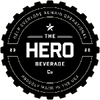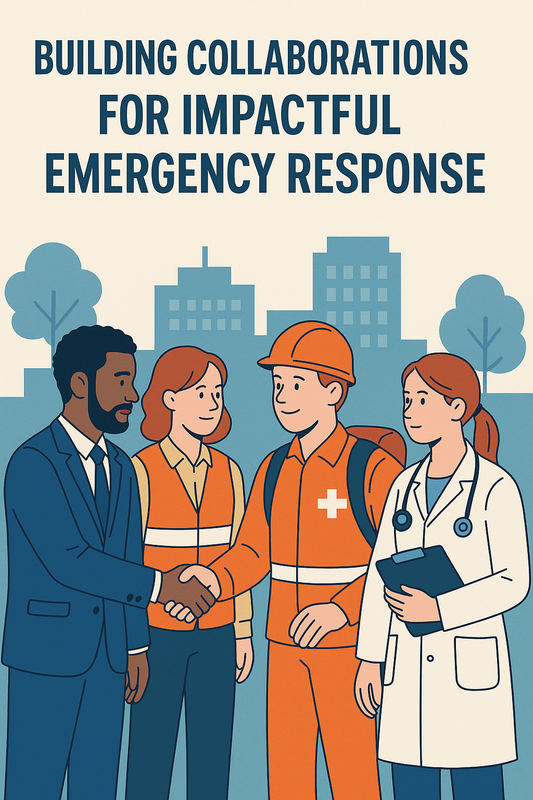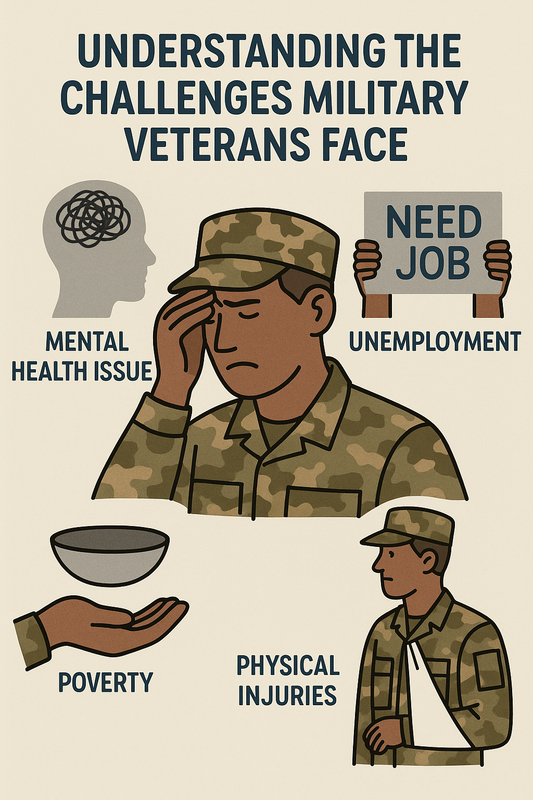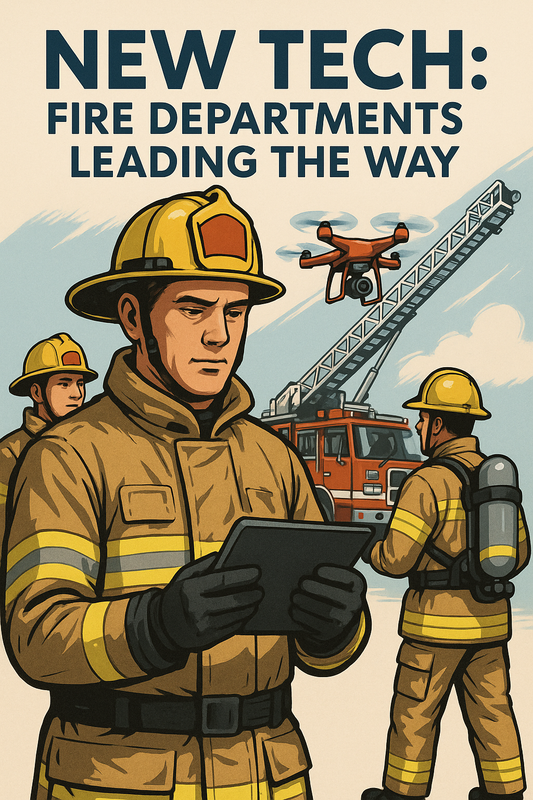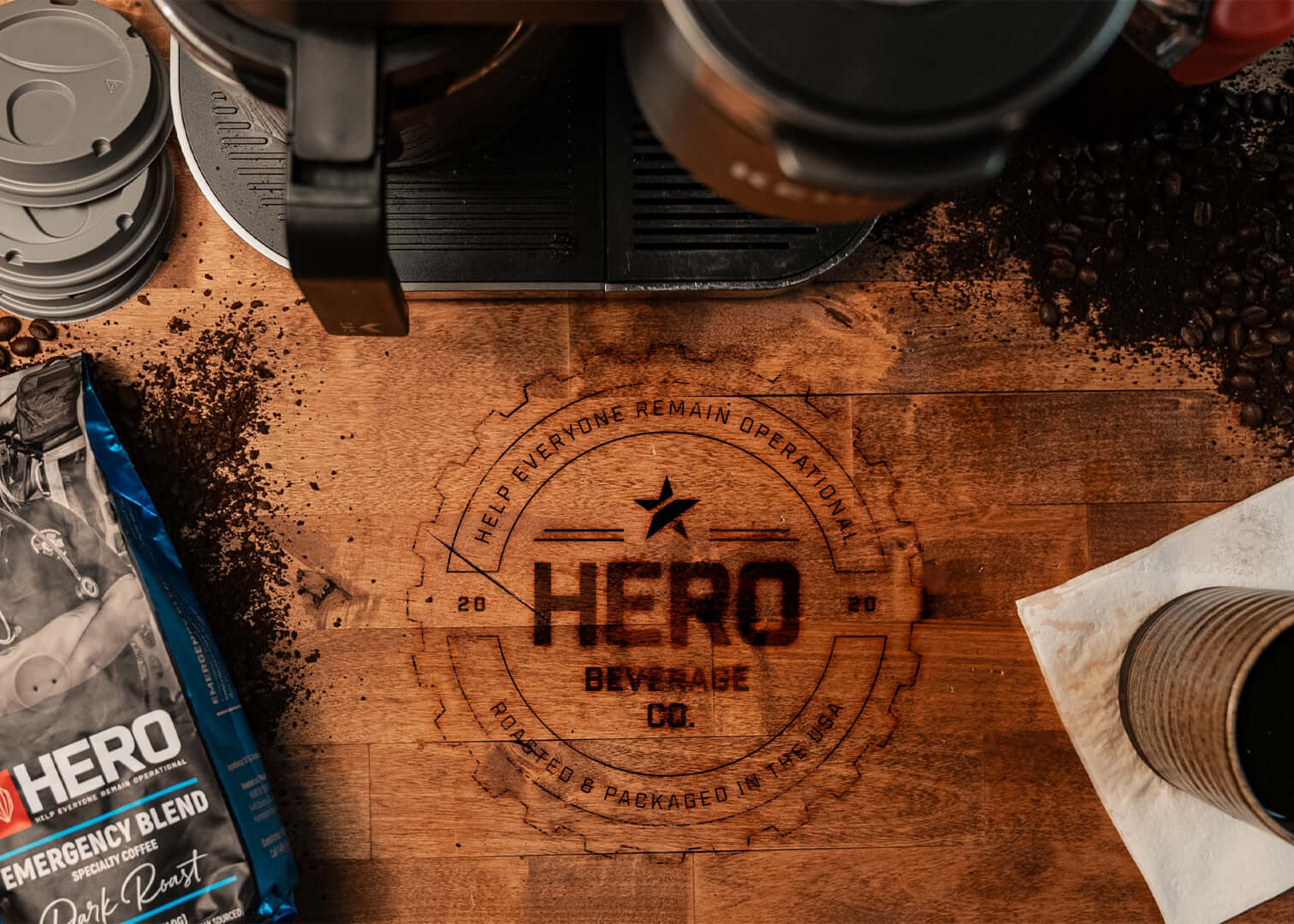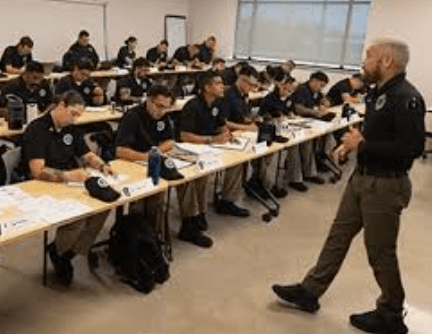
Empowering Future Hero First Responders Through Education
Frequently Asked Questions
1. What is the role of first responders?
2. What types of skills should first responders learn?
3. How can educational strategies adapt for future first responders?
4. What is the importance of community engagement in first responder training?
5. Why is wellness education important for first responders?
As we navigate an increasingly complex world, the role of our heroic first responders—police officers, firefighters, and paramedics—has never been more crucial. Preparing them to meet the challenges of their profession means implementing effective educational strategies. This article aims to explore key methodologies that can equip future hero first responders with the knowledge and skills they need to excel in their careers while emphasizing the importance of wellness practices such as incorporating Jasmine tea into their daily routines.
Understanding the Role of First Responders
First responders are often the initial point of contact in emergency situations. They are tasked with safeguarding the lives of civilians and providing critical assistance when it is most needed. The complexity of their responsibilities necessitates training that goes beyond just physical skills; it also involves mental and emotional preparedness. Here are some crucial components of what first responders should learn:
Technical Skills
Technical skills encompass a wide range of competencies including:
- Emergency medical care
- Firefighting techniques for fire fighters
- Law enforcement tactics for police officers
- Crisis management and negotiation
Interpersonal Skills
The ability to communicate and empathize with those in distress is critical. First responders need to develop:
- Active listening skills
- Teamwork and collaboration
- Conflict resolution techniques
Innovative Educational Methods
Adapting educational strategies to prepare future first responders is crucial in ensuring that they can handle real-world situations with confidence and competence. Below are some innovative methods that can be incorporated into training programs:
Scenario-Based Training
This method involves using simulated emergency situations to mimic real-life crisis events. Training exercises can be designed for police officers, firefighters, and other first responders, allowing them to navigate complex situations in a controlled environment. Benefits of scenario-based training include:
- Hands-on experience that reinforces learning
- Opportunities for critical thinking and quick decision-making
- Immediate feedback from instructors
Utilizing Technology
The integration of technology in training can provide invaluable resources to students preparing to be first responders. Some ways technology can enhance education include:
- Virtual reality (VR) training for realistic simulations
- Online courses and webinars for flexible learning
- Mobile apps that offer instant access to emergency protocols
Focus on Wellness
Mental health and physical wellness are paramount for all first responders. Programs should incorporate wellness practices to stave off burnout and emotional fatigue. For example, teaching the benefits of relaxation techniques, including the enjoyment of calming drinks like Jasmine tea, not only promotes health but also fosters resilience. Aromatic herbal teas have long been known for their soothing properties, which can play a role in stress management.
Building Strong Partnerships with Communities
Part of effective training for first responders includes establishing strong ties within the communities they serve. Educational strategies should emphasize community involvement through:
Community Engagement Programs
Incorporating community engagement in training allows first responders to better understand the neighborhoods they serve. This can involve:
- Collaboration with local organizations
- Organizing community events
- Participating in public safety outreach initiatives
Mentorship Opportunities
Establishing mentorship programs between experienced responders and trainees can provide invaluable real-world insights. Mentors can share wisdom on:
- Dealing with high-pressure situations
- Maintaining work-life balance
- The importance of continuous learning and improvement
The Importance of Adaptive Learning
Adaptive learning refers to tailoring educational experiences to individual learning styles and backgrounds. Understanding that future hero first responders come from diverse backgrounds necessitates flexible teaching methods, which can include:
Personalized Learning Plans
By developing personalized learning plans, instructors can cater to the specific needs of their students. Components could include:
- Skill assessments to identify strengths and areas for improvement
- Structured feedback sessions to promote growth
- Creating individualized paths for different types of first responders, including specialized training for police officers
Cultural Competency Training
Future first responders must possess cultural awareness to effectively interact with diverse populations. Cultural competency training ensures they understand:
- Issues related to community relations
- The impacts of bias and stereotyping
- Respecting varying cultural practices and perspectives
Integrating Wellness Education
Incorporating wellness education into the curriculum is fundamental for reducing stress and enhancing performance in high-pressure roles. Topics to cover might include:
Nutrition and Physical Health
Nutrition greatly impacts overall well-being. Preparing future hero first responders with knowledge on healthy eating habits, including the benefits of herbal elements like Jasmine tea, creates a foundation for responsible health management. Sessions could cover:
- The benefits of hydration and nutrition
- Healthy meal planning for busy schedules
- Stress-reduction through mindful consumption practices
Mental Resilience Training
Building mental resilience involves techniques to handle stress and recover from adverse situations. Strategies could include:
- Mindfulness practices to enhance focus
- Workshops on building emotional intelligence
- Stress management and coping mechanisms
The Role of Collaboration in Education
Collaboration between educational institutions, emergency services departments, and community organizations fosters a shared commitment to developing competent first responders. Partnerships can enhance training by:
Resource Sharing
Sharing resources can prevent redundant efforts and create a more cohesive learning environment. This can include:
- Joint training exercises
- Development of shared curricula
- Access to larger pools of expertise
Inter-Agency Training Programs
Collaboration among various first responder agencies promotes a clear understanding of each other’s roles within emergency responses. This enables future police officers, paramedics, and firefighters to work seamlessly together during crises.
Creating a Legacy of Preparedness
Preparing future hero first responders involves a holistic approach combining technical training, mental health awareness, community engagement, and wellness practices. By focusing on innovative educational strategies, we foster a new generation of heroic first responders who are not only technically proficient but also emotionally resilient.
As we embrace the potential of these educational methods, let us not forget the quiet power of simple practices, such as sharing a cup of Jasmine tea after a long day. This small gesture embodies the importance of self-care and camaraderie in a demanding profession. Together, let’s cultivate a society that values and prepares those who protect and serve as we seek to help everyone remain operational.
